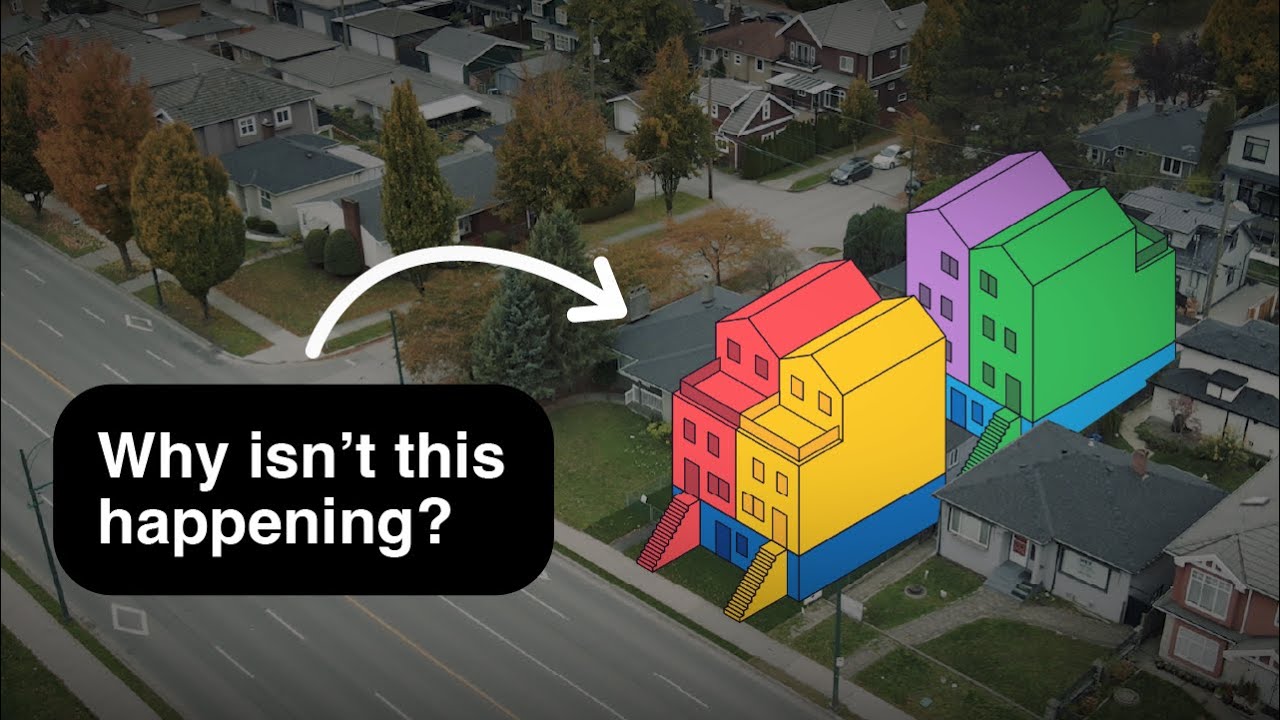Zagorath
Formerly /u/Zagorath on the alien site.
- 11 Posts
- 472 Comments
Oh huh. Until I read this comment I assumed it was written from the perspective of the weird alien things, and “bipeds” referred to the humans…

 1·14 days ago
1·14 days agoI agree in general, but
Maybe I’m over simplifying it though, I don’t know how their org operates.
This is exactly why just sticking to the 90 day standard is better. For the supposed security researcher it’s a CYA move at worst.

 8·14 days ago
8·14 days ago90 days is just the standard timeframe for responsible disclosure. And normally that’s just a baseline with additional time being given if there’s genuine communication going on and signs they’re addressing the problem.
I just want to point out that “the solstice marks the start of the season” is not a universal fact. Here in Aus, we mark the start of summer as 1 December, and so if I were to take my perspective and apply it to the northern hemisphere, I would say that for you, Christmas is about a third of the way through winter.
The difference here is technically referred to as “meteorological” vs “astronomical” seasons. I’ve always thought meteorological seasons make far more sense because they much better reflect reality. Winter is defined by cold weather and short days. The winter solstice is already very cold and it has the shortest day. It is absurd to put the shortest day at the very beginning of winter. If you wanted to have an astronomically-based calendar, the solstice should mark the very midpoint of winter, with the season starting precisely halfway between then and the autumnal equinox.
But also, as the other user mentioned, some places have entirely different season systems. Seasons are, fundamentally, a human creation. The notion that weather patterns change throughout the year is a universal fact, but what we call those changes and how many categories we separate it into is human. Many cultures have their own systems with more or different seasons. Many tropical areas have traditionally only observed “wet” (or monsoon) and “dry” seasons. In ancient Egypt, the flooding of the Nile marked an important seasonal change. And South Asia uses a variety of different 6-season systems, such as the Hindu, Bengali, and Tamil calendars.
Yup absolutely. I mentioned web APIs because that’s what I’ve got the most experience with, but .h files, class library public interfaces, and any other time users who are not the implementor of the functionality might want to call it, the code they’ll be interacting with should be tailored to be good to interact with.
If the doco we’re talking about is specifically an API reference, then the documentation should be written first. Generate code stubs (can be as little as an interface, or include some basic actual code such as validating required properties are included, if you can get that code working purely with a generated template). Then write your actual functional implementation implementing those stubs.
That way you can regenerate when you change the doco without overriding your implementation, but you are still forced to think about the user (as in the programmer implementing your API) experience first and foremost, rather than the often more haphazard result you can get if you write code first.
For example, if writing a web API, write documentation in something like OpenAPI and generate stubs using Swagger.
Apologies that it’s a link to a paywalled site. I believe they allow viewing one video for free? (I can also give out up to 3 people one week for free, so if anyone’s genuinely interested DM me—preferably not from a lemmy.world account though because federation problems mean I may not receive it for over a week.)
But I found this video and its part 2 very enlightening in terms of ways sex scenes can be used in a way that genuinely does enhance the story.

 504·16 days ago
504·16 days agoIf they were really “the hero”, they’d follow the bare minimum of responsible disclosure best practices, and allow 90 days between privately alerting them of the issue and going public with it. Two weeks is absurd.
Reading this to the tune of Never Gonna Give You Up
If you want a serious response, you’ll have to
- Actually read the source linked 3 weeks ago now, and provide some evidence of having read it. (Hint, that’s not it.)
- Not use obnoxious giant emoji. It makes it impossible to see you as anything other than an emotionally stunted 12 year old.
The source was provided over 2 weeks ago now. If you don’t want to read it that’s fine, but don’t go whinging about a lack of sources.
What does a van offer that a small truck wouldn’t?
A much, much higher degree of safety. Because vans don’t typically have those absurdly high and long bonets that make it so you could run over multiple children without even seeing them there.

Cadbury Bubbly does it too, though sadly I haven’t seen any of it on shelves (apart from the mint variant, eww) for a few years.
I’m guessing he didn’t know she was Native American and just saw a non-white person and assumed non-white=immigrant. Never mind that even if she were of Asian or Latin descent it’s entirely possible her family had been American for generations.
!sexmemes at whatever instance that community is in.
Every one of Innuendo Studio’s videos are absolutely excellent.
Why would you say something so controversial yet so brave?
You do it with
. Optionally, you can also put alt text in by putting it between the square brackets.








Got a link that works without signing in?